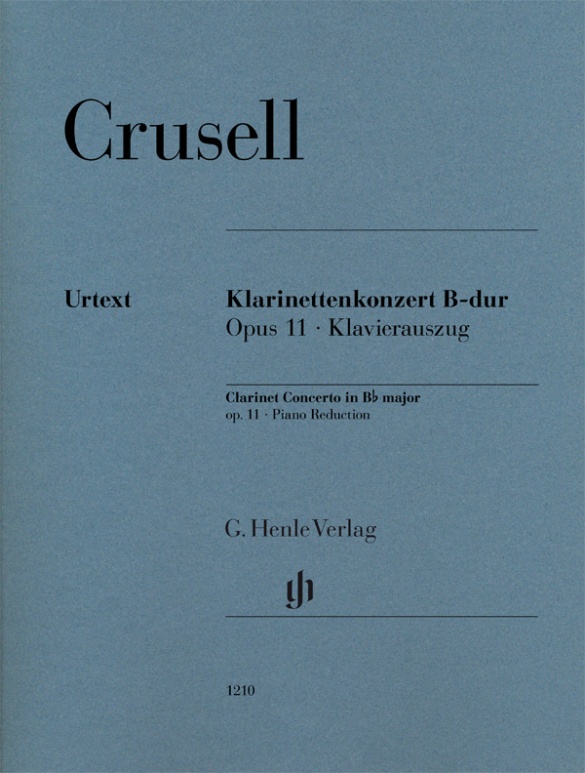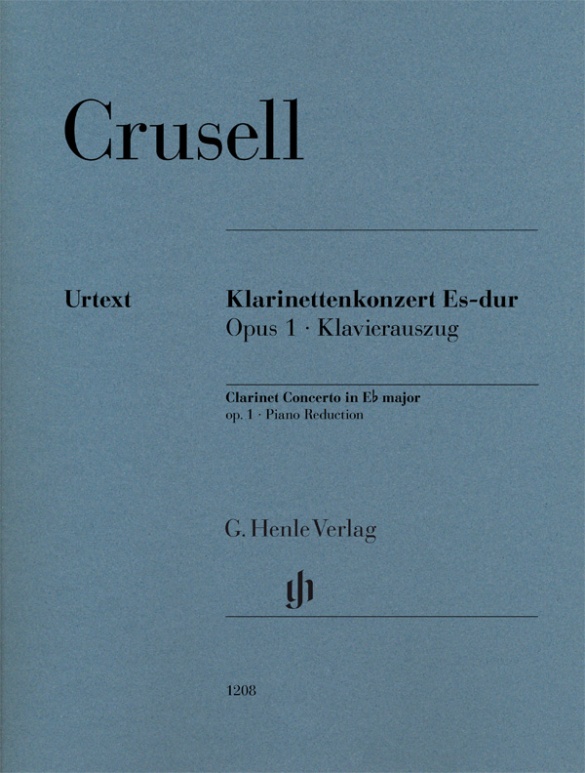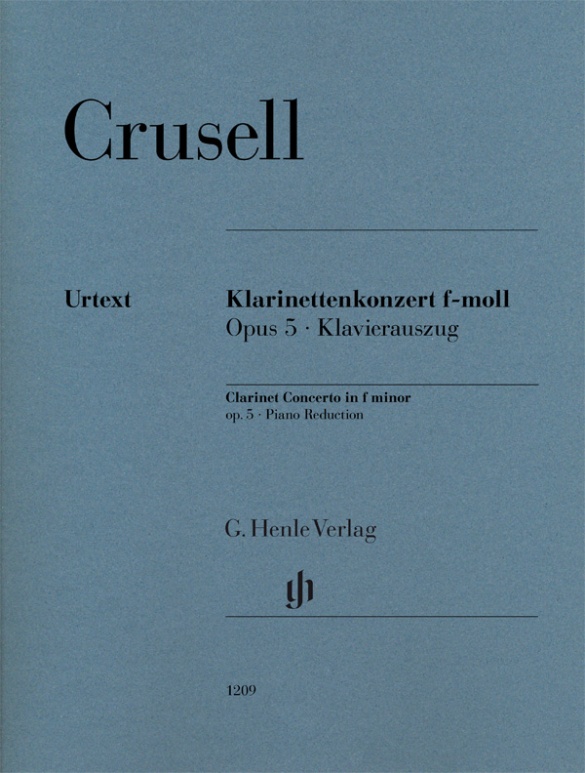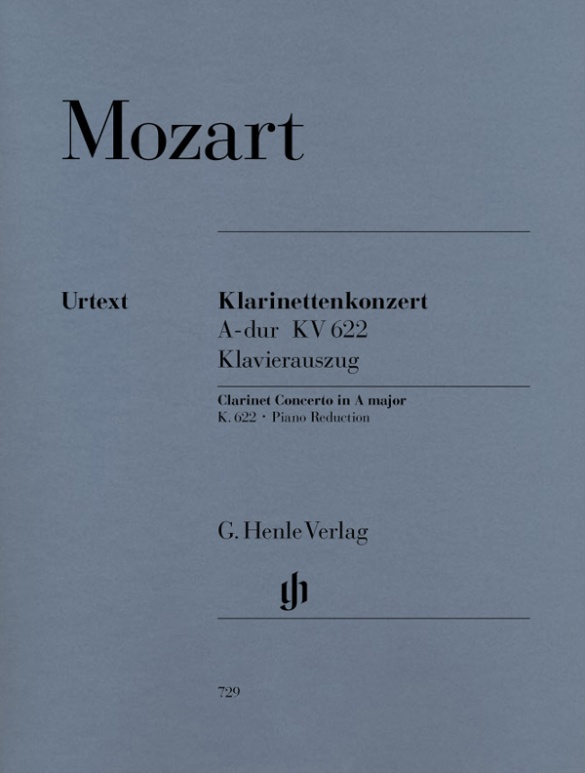Bernhard Henrik Crusell
Clarinet Concerto B flat major op. 11
Following our edition of the Grand Concerto in f minor op. 5 (HN 1209), we are expanding our series of Crusell’s clarinet concertos to include the one in B flat major op. 11. The Swedish composer was himself a prominent clarinet virtuoso and the concertos were tailor-made for himself so to speak. Despite being technically very demanding, the Concerto in B flat major avoids being overly virtuosic and wins us over with its melodic ingenuity. It is a very welcome addition to our early Romantic repertoire for the clarinet. The clarinettist Nicolai Pfeffer edited the edition in an exemplary manner, consulting the sole surviving source, the first edition of 1829. Johannes Umbreit was responsible for the piano reduction, which wonderfully fits the hands.
内容/詳細
作曲家について
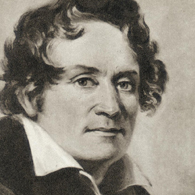
Bernhard Henrik Crusell
Clarinetist and composer from Finland. During his lifetime his early-Romantic compositions were extremely popular even outside Scandinavia. He wrote challenging concerti for clarinet, as well as chamber music. Stemming from his interest in folk music came songs on texts by Swedish poet Esaias Tegnér. He also translated numerous opera libretti into Swedish.
| 1775 | Born in Uusikaupunki on October 15. |
| around 1783 | He receives clarinet lessons from an army clarinetist. |
| 1788 | On the initiative of Major Olof von Wallenstjerna he becomes a volunteer in the music corps of the king’s widow’s personal regiment. |
| 1790 | Moves to Stockholm, where he is appointed director of the regimental band. |
| 1793–1833 | Appointed by royal music director Georg Joseph Vogler, he becomes first clarinetist of the Court Orchestra. |
| 1798 | Takes lessons in Berlin with Franz Wilhelm Tausch. Performances in Berlin and Hamburg as soloist. |
| from 1803 | Studies composition in Paris with Henri-Montan Berton and François-Joseph Gossec. He meets the first clarinetist of the opera orchestra, Jean-Xavier Lefèvre. |
| 1818 | He is music director for the military bands of the royal bodyguard infantryman regiments in Stockholm. |
| 1822 | A trip to Carlsbad takes him through Berlin and Dresden, where he meets Felix Mendelssohn Bartholdy, Carl Maria von Weber, and Giacomo Meyerbeer. |
| 1824 | His opera Den lilla slavinnan (The Little Slave Girl) is published in Stockholm. |
| 1838 | Dies in Stockholm on July 28. |
校訂者や運指担当者について

Nicolai Pfeffer (校訂)

Johannes Umbreit (ピアノ・スコア)
Prof. Johannes Umbreit studied the piano at the Musikhochschule in Munich. From 1987 onwards he was a regular accompanist at courses given by Wolfgang Schneiderhan, Thomas Brandis, Ljerko Spiller, Igor Ozim, Olga Woitowa, Ernő Sebestyén, Walter Nothas, F. Andrejevsky, Denis Zsigmondy and Zakhar Bron amongst others. He has appeared in numerous radio and TV broadcasts and plays chamber music with members of the Bavarian State Orchestra, the Munich Philharmonic Orchestra and the Bavarian Radio Symphony Orchestra.
He is on the jury of different international competitions and has been invited to several international music festivals. Umbreit was a teacher for almost ten years at the Musikhochschule in Munich and at the same time a lecturer for chamber music and piano accompaniment at the Richard Strauss Conservatory. Since 2008 he has been a lecturer at the Hochschule für Musik und Theater München. As the long-serving managing director of the Richard-Strauss-Gesellschaft, he was made an honorary member of the board in 2009. In May 2011, the Bavarian Minister of Culture appointed Johannes Umbreit an honorary professor of the Hochschule für Musik und Theater München on the suggestion of its academic senate.
製品安全に関する情報

G. Henle Verlag
製品の製造元に関する情報はこちらでご覧いただけます。G. Henle Verlag
Forstenrieder Allee 122
81476 München
info@henle.de
www.henle.com
Nicolai Pfeffer has done exhaustive research for these editions by consulting the extant early sources.
The Clarinet, 2016おすすめ
autogenerated_cross_selling
このタイトルを含む他の版
このタイトルを含む他の版


